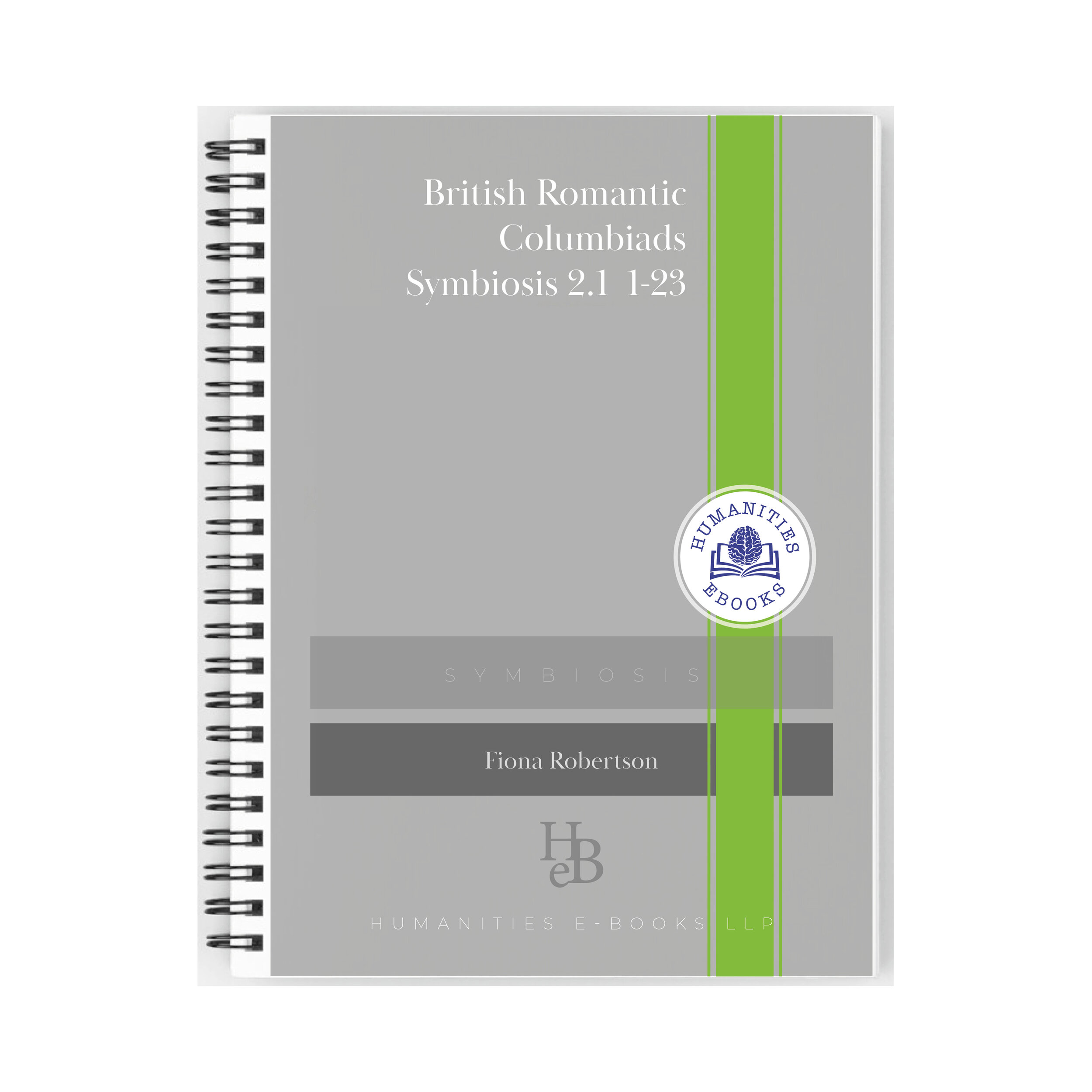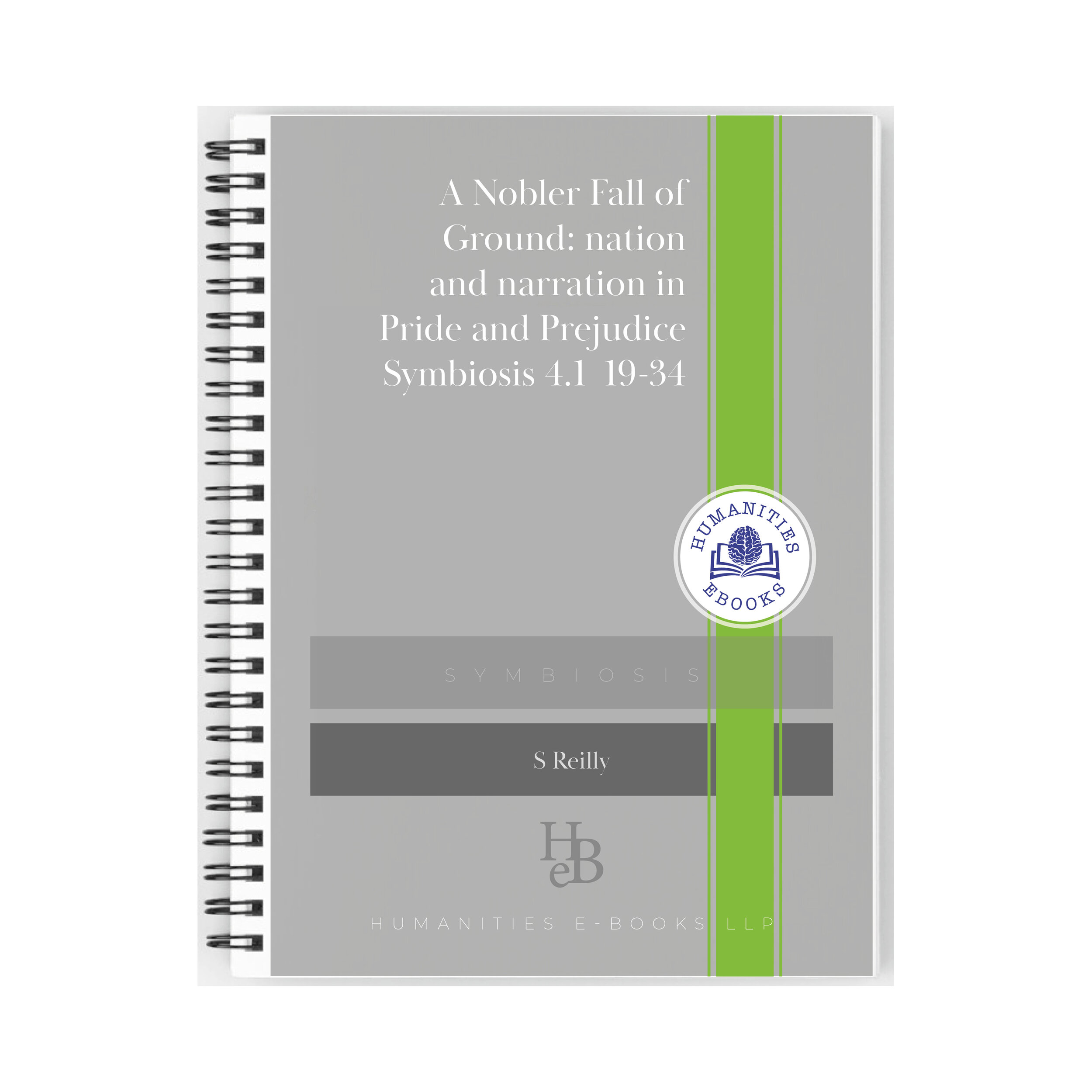 Image 1 of 2
Image 1 of 2

 Image 2 of 2
Image 2 of 2



Cross-Cultural Confessions: America Passes Judgement on Thomas De Quincey Symbiosis 3.2 (October 1999) 119-130
Symbiosis 3.2 119-130
Author: Karen Karbiener
14 Pages
Karen Karbiener's essay "Cross-Cultural Confessions: America Passes Judgement on Thomas De Quincey" examines the reception of Thomas De Quincey's work in America. Despite his British roots and opium addiction, De Quincey's writings found significant popularity in a burgeoning American literary market that was striving to assert its own cultural identity. Karbiener explores the cultural and historical contexts that made De Quincey's work resonate with American readers, revealing the complex dynamics of transatlantic literary exchanges.
Symbiosis 3.2 119-130
Author: Karen Karbiener
14 Pages
Karen Karbiener's essay "Cross-Cultural Confessions: America Passes Judgement on Thomas De Quincey" examines the reception of Thomas De Quincey's work in America. Despite his British roots and opium addiction, De Quincey's writings found significant popularity in a burgeoning American literary market that was striving to assert its own cultural identity. Karbiener explores the cultural and historical contexts that made De Quincey's work resonate with American readers, revealing the complex dynamics of transatlantic literary exchanges.
Symbiosis 3.2 119-130
Author: Karen Karbiener
14 Pages
Karen Karbiener's essay "Cross-Cultural Confessions: America Passes Judgement on Thomas De Quincey" examines the reception of Thomas De Quincey's work in America. Despite his British roots and opium addiction, De Quincey's writings found significant popularity in a burgeoning American literary market that was striving to assert its own cultural identity. Karbiener explores the cultural and historical contexts that made De Quincey's work resonate with American readers, revealing the complex dynamics of transatlantic literary exchanges.







